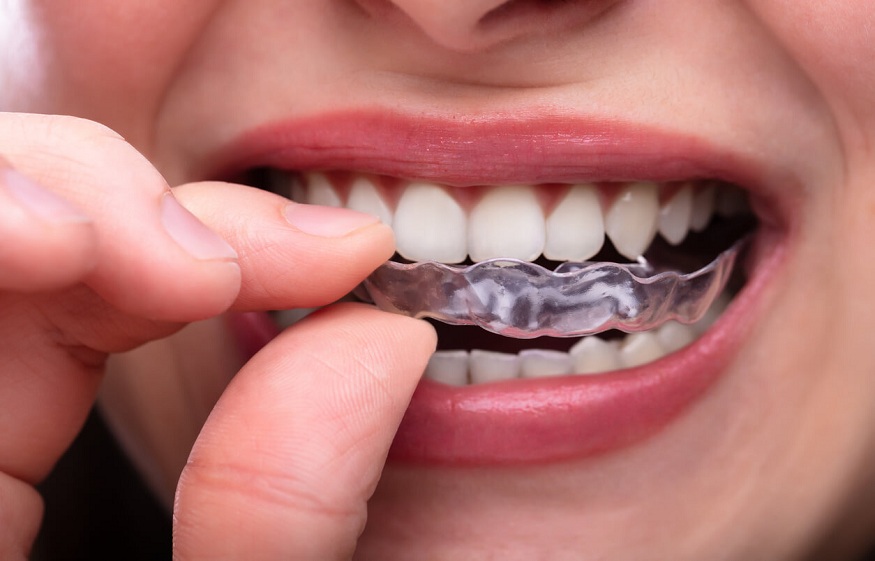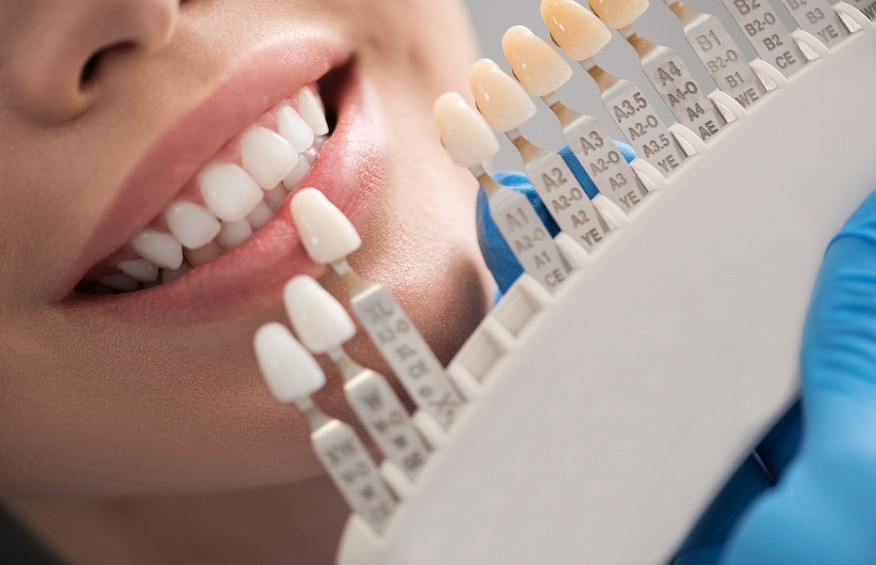Explanation of Bruxism and Why You Should Prevent It.
Grinding, clenching, or gnashing one’s teeth is known as bruxism. The fact that not everyone suffers from bruxism is astonishing, given the state of the world today.
Bruxism is a dental condition characterized by the uncontrollable, chronic, and frequently nocturnal clenching and grinding of the teeth. In many cases, bruxism sufferers are oblivious to the fact that they have the condition until the manifestation of obvious symptoms.
Bruxism can happen both when you are sleeping and while you are awake.
There are two types of bruxism: sleep bruxism (which happens during sleep) and diurnal bruxism (which happens during the day).
Nighttime teeth-grinding, or nocturnal bruxism, is classified as a sleep disturbance and shares certain similarities with snoring and sleep apnea.
You should seek help from a bruxism & mouthguards houston specialist who can assist you.
Can you describe the signs of teeth grinding?
The signs of bruxism, whether it occurs when you are sleeping or waking, are identical.
- Nighttime teeth grinding that could startle a sleeping companion.
- Damage to teeth such as flattening, cracking, chipping, or loosening.
- Wear and tear on teeth can erode enamel, revealing the dentin and pulp beneath.
- Experiencing more discomfort from sensitive teeth.
- Sore, aching jaw muscles or a jaw that is stuck partially open or closed from fatigue or tension.
- Discomfort in the jaw, face, neck, or ears. The temporomandibular joint (TMJ), where the jaw joins to the skull or the face muscles themselves, maybe the source of this discomfort. That is to say, temporomandibular disorders (TMDs) can originate from bruxism.
- Pain in the temples of one’s head.
- Pain on the inside of the cheek as a result of being bitten.
- Disruption to one’s sleep. Most of the time, bruxism is loud enough to wake the patient up.
Why do people grind their teeth?
Usually, it is impossible to identify a single cause for why people grind their teeth, but a number of risk factors for developing bruxism have been identified. Factors such as these pose a threat.
1. Anxiety and stress
These factors consistently rank as the most important contributors to bruxism.
Those young children who suffer from attention deficit hyperactivity disorder are disproportionately affected by bruxism. In most cases, teeth grinding subsides as people get older.
2. Disposition
The likelihood of developing bruxism increases in people who are naturally aggressive, competitive, or overly active.
Sometimes, bruxism is associated with bad habits like smoking cigarettes and drinking to excess or using recreational substances.
3. Malocclusion
The patient’s mental state may not be the only factor in bruxism’s etiology. When a patient has malocclusion, their teeth do not align properly when they bite together.
4. A common negative reaction to antidepressants
SSRIs, ironically used for depression, anxiety, panic disorder, the negative effects of bipolar disorder, and other diseases needing stress management, are the drugs most typically associated with bruxism.



